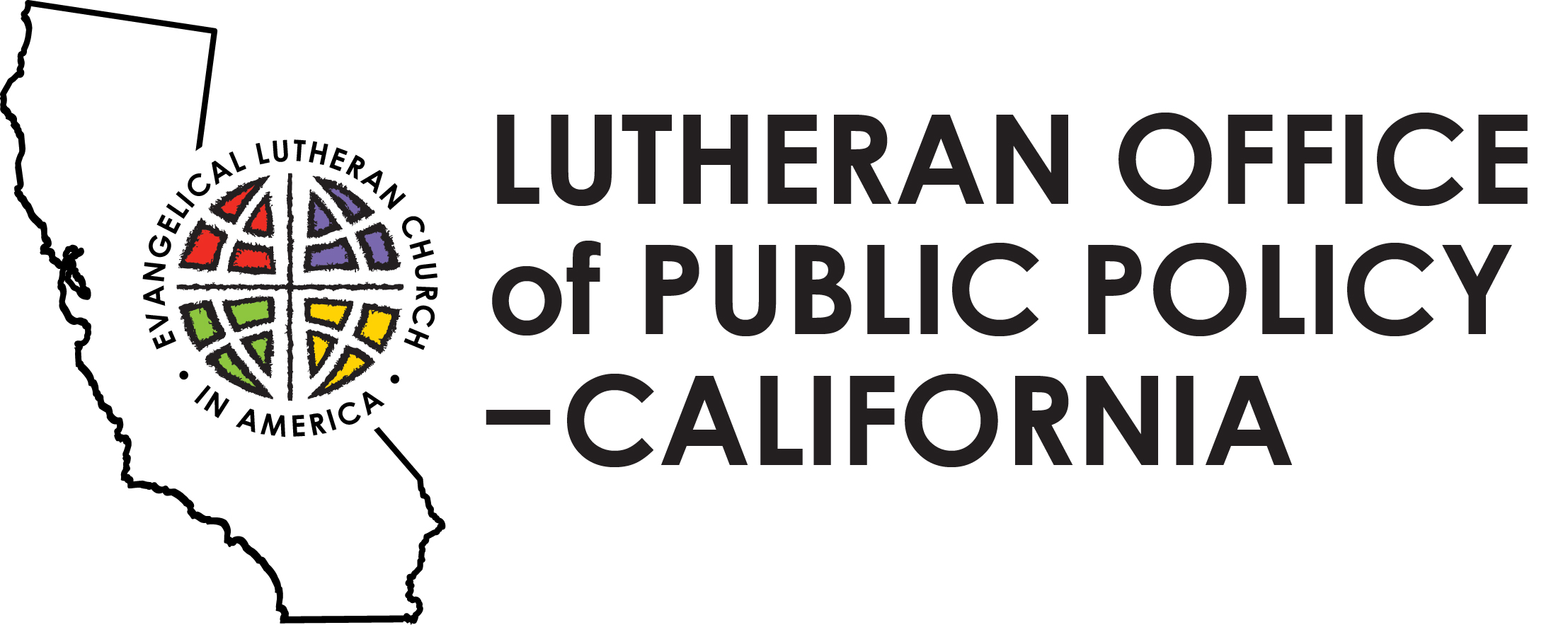Social messages of the ELCA are topical documents adopted by the ELCA Church Council to focus attention and action on timely, pressing matters of social concern to the church and society. They are used to address pressing contemporary concerns in light of the prophetic and compassionate traditions of Scripture and do not establish new teaching or policy. Rather, they build upon previously adopted teaching and policy positions, especially from social statements.
These messages draw attention to specific topics or social concerns that arise from our participation in God’s work in the world, and they encourage moral discernment, thoughtful discussion and action. Each message is reviewed by the Conference of Bishops and adopted by the ELCA Church Council, and expresses the convictions of the leadership of this church.
At this time, there are 13 social messages:
Gender-based Violence / Violencia de género (2015)
The ELCA is committed to the continual work of prayer, learning, reflection, discernment, and action to resist patriarchy and sexism as we live together in community into the promised abundant life God intends for all.
Mental Illness / Las enfermedades mentales (2012)
People Living with Disabilities / Personas discapacidades (2010)
Terrorism / Terrorismo (2004)
Commercial Sexual Exploitation / Explotaćion sexual (2001)
Suicide Prevention / Suicidio (updated 2021)
Immigration / Inmigración (1998)
Thousands of children and families from Central America continue to flee their communities and search for safety in the U.S. As a church, we envision a world in which children and families do not have to leave their communities in order to live a safe and sufficient life. Our faith calls Lutherans to see our neighbors as ourselves. As people flee their communities, the ELCA will continue to celebrate and stand alongside our immigrant neighbors.
Sexuality: Common Convictions / La sexualidad (1996)
Community Violence / Violencia en la comunidad (1994)
End of Life Decisions / Final de la vida (1992)
Homelessness / Gente sin vivienda (1990)
Secure shelter is a critical component of the foundation of the human person, the absence of which can contribute to hunger and challenges in healthcare, education, job prospects and more.
